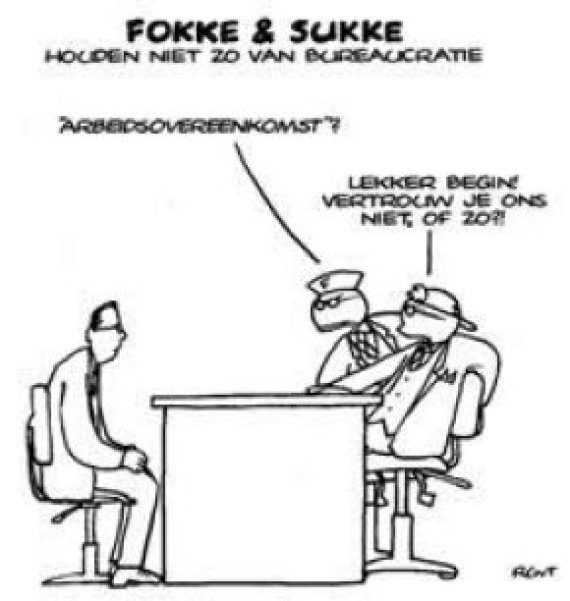Most of their members are currently older men from DLO. Women, young people and academics are few and far between, raising the question of whether the works councils really represent everyone. In addition, the boards say that they are rarely able to discuss things properly with the works council at a strategic level. Employee representation seems to focus primarily on procedures, apparently because they cannot see the bigger picture.
It is by no means only Wageningen UR that has these problems with employee representation, according to Mathi Bouts at the brainstorming afternoon. Bouts, a purser and former chairman of the KLM works council, points out that 30 to 60% of all works councils in the Netherlands have similar issues.
People are therefore looking for new forms of employee representation. The new ideas have to come from outside the works councils themselves, believes Marloes Pomp. She is the founder of Digital Action and IedereenORlid, digital platforms aiming to breathe new life into employee representation. Ms Pomp thinks that there will be no works councils in future, but a chief participation officer who talks to the boards, identifies and communicates the questions, and then presents the issues digitally in a transparent way to the staff. She believes that this new approach will eliminate the long-running conflicts between management and works council.
The 40 people who were present, including members of the student council, were enthusiastic. One group including works council members was even ready to adopt her idea of dissolving the works council. Another suggestion was that like-minded employees could stand as a team in the works council elections. Interestingly, this is all acceptable: the works council may operate as it wishes. It remains to be seen whether this comes out in the coming works council elections (at the beginning of June).

